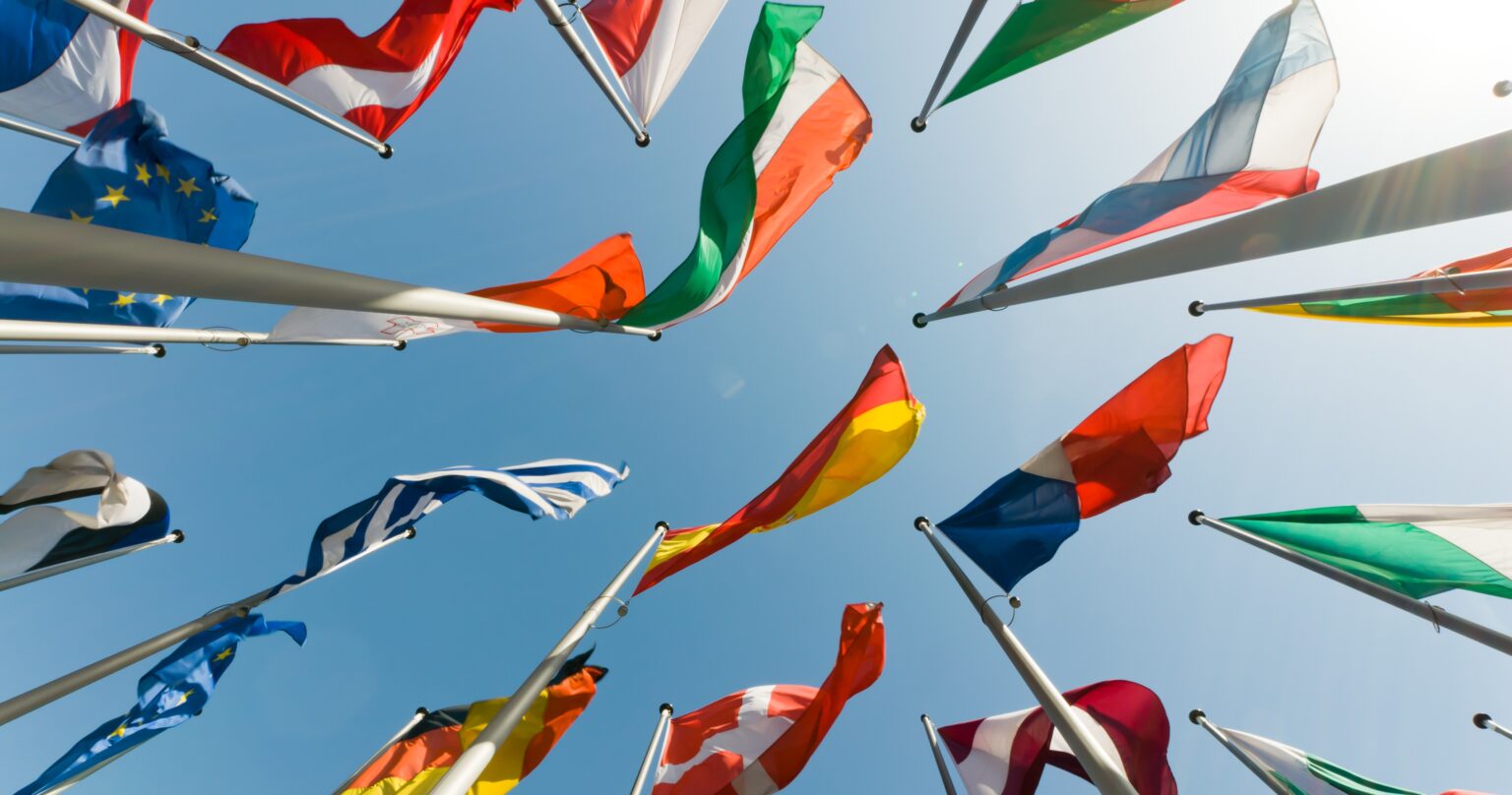
What does a Bangladeshi factory worker, a Texan truck driver, and a U.S. small business owner have in common? More than you think. Behind every product transported across borders lies a complex, interconnected web of human stories. Trade is not just about numbers—it’s about people.
The Trump administration’s new trade policy is sending shockwaves through the global economy. A 10% universal tariff now applies to virtually all imports into the U.S., with significantly higher rates targeting dozens of countries across every region.
Some of the steepest increases include 125% on Chinese goods, 46% on imports from Vietnam, 37% from Bangladesh, and 36% from Thailand. These measures aren’t isolated—they represent a widespread disruption that threatens to destabilize global supply chains and put millions of jobs at risk. Developing nations, where trade is a vital economic lifeline, may bear the brunt of these changes. But make no mistake: the effects will ripple across the entire world.
At United Global Trading Corp., we’ve never seen trade as just numbers and margins. For us, it’s always been about people, purpose, and global unity. It’s in our name: United Global.
These aren’t just policy changes. They are decisions that will reshape the global economy—and the people most affected will be those with the least protection.
Countries like Bangladesh, Vietnam, and Mexico, where entire communities depend on exports to the U.S., are vulnerable. If demand for their goods drops due to tariffs, factory hours may be cut. Some operations could close. Workers—many already on thin margins—could lose jobs, and families could lose livelihoods.
This isn’t speculation. It’s a warning sign we’ve seen before. And this time, it may be worse.
Meanwhile, small and mid-sized businesses in the U.S. are facing higher costs, delayed imports, and uncertain futures. These policies are designed to “protect,” but they risk doing more harm than good.
The global supply chain is already fragile—and these new tariffs are adding friction at every level, from pricing and production timelines to access to raw materials and relationships between suppliers and buyers.
One disruption leads to another. Retaliation follows. And it’s not just big corporations affected—it’s the small farmers in Iowa, the textile workers in Vietnam, the freight operators in Savannah, and the dockworkers in Los Angeles.
Tariffs ripple outward. In the middle are people—trying to work, to build, to survive. Developing economies are hit hardest. Their growth depends on consistent trade, not unpredictable politics. But in truth, no country is immune when trade turns into a battleground.
Made on Earth – Our View of Trade
Trade, at its best, builds bridges. A cup of coffee from Colombia or a textile from India isn’t just a product—it’s the outcome of global collaboration, human labor, and shared purpose.
At United Global Trading Corp., we live by a simple idea: Made on Earth. It’s a reminder that trade touches people from every part of the planet. From the medical glove producer in Malaysia to the warehouse team in Long Beach—this is a shared story.
We believe in progress that uplifts all participants in the supply chain—not just those at the top. Trade should reflect values like dignity, fairness, shared responsibility, and global cooperation. That starts with seeing the people behind the product—not just the price tag.
It’s easy to feel powerless. But there are real ways to make a difference—especially now.
Brands: Start showing your supply chain. Put a face to the process. Tell your customers where your goods come from, who makes them, and what those people’s lives are like.
Consumers: Ask questions. Don’t just shop based on price—shop based on purpose.
Tariffs add cost—but where that cost lands is a choice. From factory to retail, every link in the supply chain must ask: What can we absorb to protect the people who buy what we make? Shared sacrifice may be the only way to prevent the entire burden from falling on the end consumer.
Policy makers, consumers, business owners—we all have a role in restoring empathy to trade. That means thinking beyond borders. Every policy decision made here affects lives elsewhere—from small businesses at home to workers around the world.
When we view trade through a human lens, we create stability instead of division—and prosperity that’s shared, not isolated.
This isn’t only about trade policy. It’s about the kind of world we want to create—one where decisions are made with people, not just politics, in mind.
If you believe in a future where trade connects rather than divides, here’s what you can do:
➤ Find your U.S. Senator
➤ Find your U.S. Representative
➤ USTR Contact Page (U.S. Trade Representative)
“Made on Earth” isn’t just a tagline. It’s a worldview. It’s a challenge to think bigger, act braver, and lead with values—not fear.
We have a choice.
We can close our borders, isolate our economies, and ignore the people we can’t see.
Or we can open our minds, humanize our trade, and build a better system—together.
At United Global Trading Corp., we’re choosing the second path. If you are too, we’d love to walk it with you — because together, you and I can change the world.
Respectfully,
Sean Price
CEO, United Global Trading Corp.
People. Purpose. Global Unity